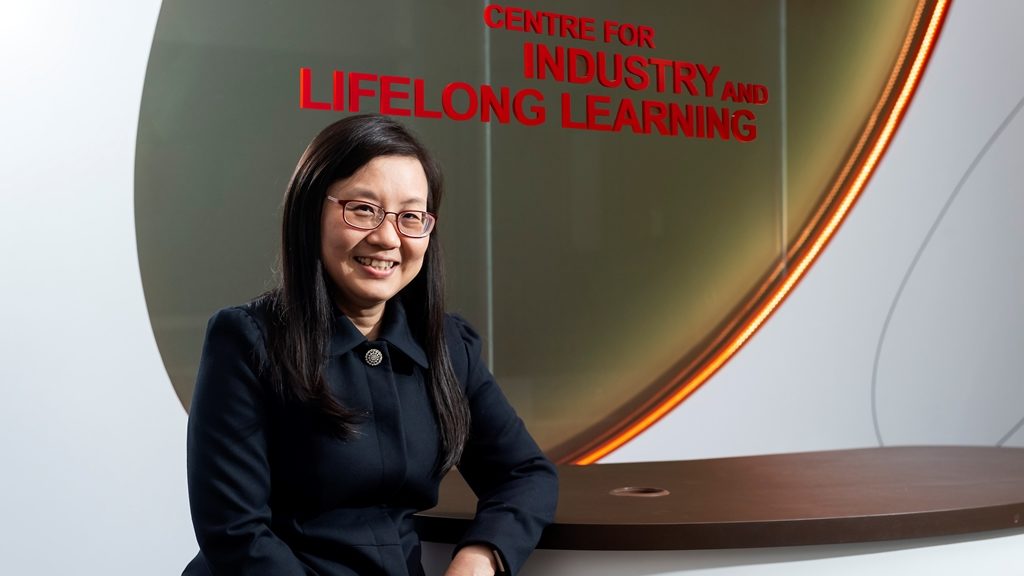New year, new beginnings. What are your resolutions for your career in 2019 and what are you planning to do to achieve them?
Be it starting a new career, progressing further at your current job, or upskilling yourself to stay employable, successful thought leaders we spoke to said that there are some things you can’t run away from. Here they are, in their own words…
Joe Escobedo, content marketing consultant and trainer for Fortune 1000 brands
Whether you are relocating, choosing a new career path or willing to progress in your career, it takes a lot of ingredients to succeed. One of the foundations of it is obviously to focus on your network: build it and be seen.

When trying to expand your professional circle, keep in mind that even if you are the one looking for a job, the one who needs help, you must give your contact a reason for investing time in you. Working on what you would do if you were to collaborate with him/her should increase your response rate and the quality of your meetings.
To stand out among your peers, be active on social media, write and share your thoughts. Do not hesitate to show your network how you work. You will be able to use this as proof of what you are able to produce and it will allow you to stay sharp in your area of expertise.
Jay Huang, CEO of talent management platform, Pulsifi
The one thing that everyone should do to up their career in the new year is improving communication. In a world where data is becoming a sea of info, where collaboration is increasingly cross-cultural, where communication is increasingly short and not in person, communication skills have become more fundamentally important than ever before.

Communication is key in explaining the value of your work and achievements, convincing others to accept your propositions, and influencing others to think positively of you – all of which drives recognition, a pay raise, a promotion, or a new job offer.
Communication is both an art and a science. It is like making a sandwich. The “meat” of the sandwich: the insights to be communicated. Insights need to be distilled down from relevant data, be informed through reading or interacting with others, or ideated as a result of a diverse range of experiences across industries, functions and cultures.
Putting the sandwich together: story-lining the insights such that every point is connected to and flows to the next. This makes it easy for the sandwich, or communication, to be consumed. Story-lining requires structured thinking.
Presenting the sandwich: Charisma helps, but this boils down to making an emotional connection with your audience. This is what makes the sandwich memorable.
Suzette Liew, assistant director of Nanyang Polytechnic’s Centre for Industry & Lifelong Learning
Given the increasing pace of change in technology and our economy, we need to adopt a lifelong learning mindset and constantly upgrade ourselves.

Whether it is a change in career or a change in the nature of our existing jobs, there will always be skills that are transferable. Mastering skills that we are passionate about will enable us to adapt them to the next job and make our learning curve less steep.
Training is now more accessible for busy working adults. At Nanyang Polytechnic, we have bite-sized e-learning and mobile learning programmes that enable employees to pick up new skills and information conveniently (e.g. while eating lunch or commuting).
Programmes which are longer in duration, such as diploma programmes, can now also be undertaken on a modular basis. Such options give us the flexibility to upskill as and when needed.
Johnson Wong, learning strategist and director of Empower Training and Consultancy
The ability to illustrate your case and pitch for new ideas can be the defining moments of your career when you are dealing with stakeholders. Here are some key steps to help you develop your presentation skills.

Design your presentation: Brainstorm ideas and organise them into groups. Select and prioritise the points you want to develop. Adopt a simple 3 ‘S’ approach when crafting your message: State your point, Support the point with example or explanation, and Summarise. Have a compelling conclusion with a call to action.
Prepare your presentation: Video your rehearsing session or ask another person to observe to provide comments on what areas to adjust for your body language, voice clarity and projection. Manage presentation stress by doing stretching exercises, breathe deeply and be proactive to look for opportunities to give presentations.
Manage your presentation: Guide participation by designing and including activities that will encourage people to contribute their opinions. Maintaining your professionalism when hostile questions arise. Focus on what is right, not who is right. Admit if you are wrong, and thank your questioner for teaching you something. Agree with objections by acknowledging his or her point of view (in part or whole) and how things could look that way.
Andrew Chan, founder and CEO of ACI HR Solutions
Networking is a critical skill to develop at any level and a skill that is often overlooked, particularly among the younger generation who are more accustomed to building online connections than offline. The old adage “it’s not what you know but who you know” rings particularly true for most working professionals.

Maximise the value of your network by focusing on quality over quantity, and connecting with people on a wide variety of levels from diverse backgrounds and industries. Growing your network outside your industry will only become more valuable to the people within your network. Be patient building your network, as business relationships, particularly in Asia, takes time.
One thing to avoid is emergency networking; focus on building relationships before you actually need them. Look out for industry associations that have regular networking events, – they can be a great resource for business relationships, mentorships and a bit of fun too!

